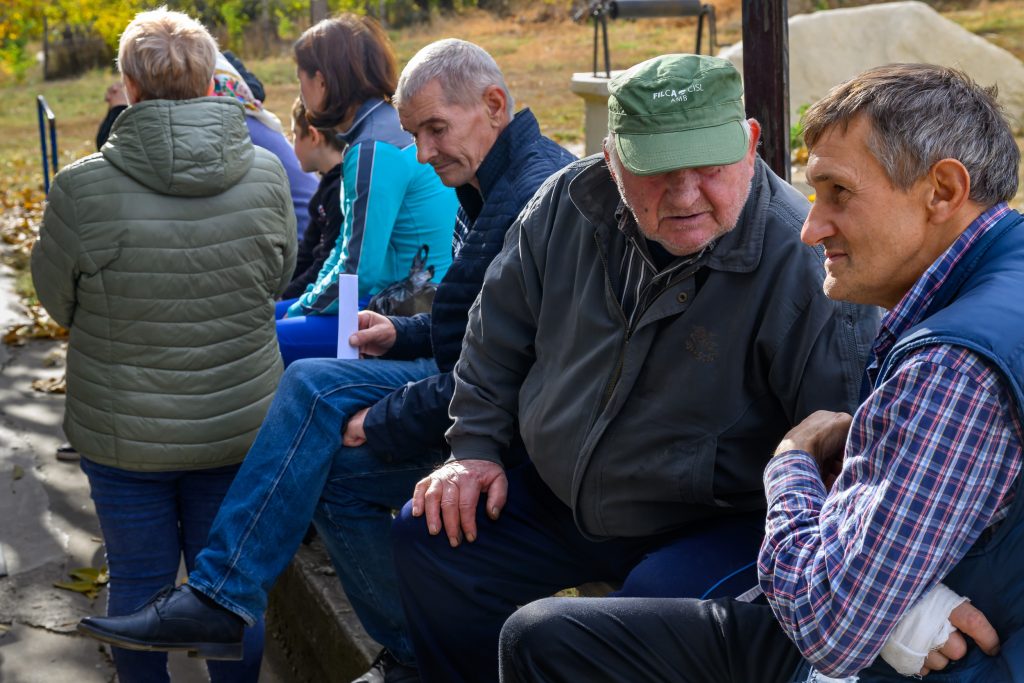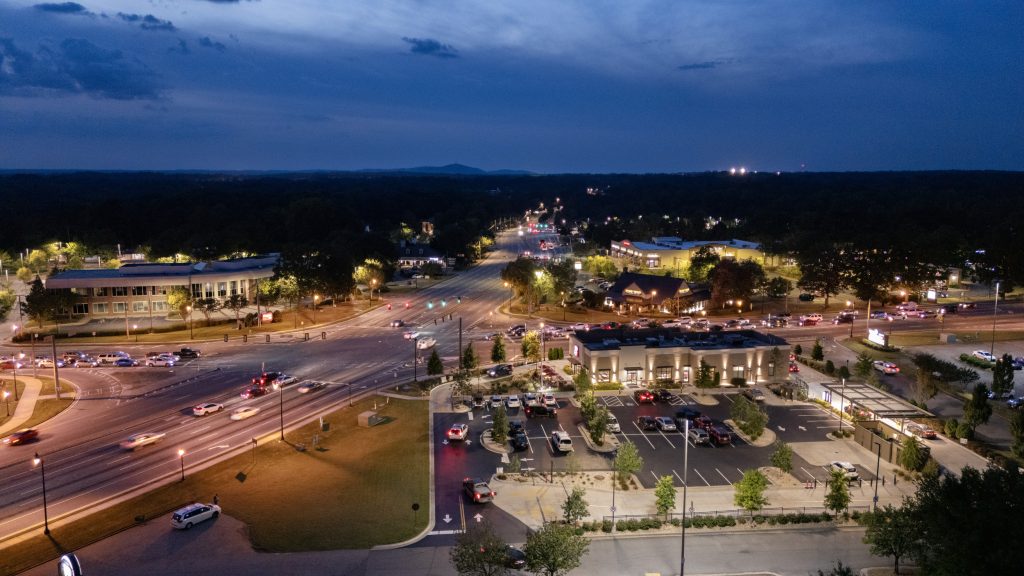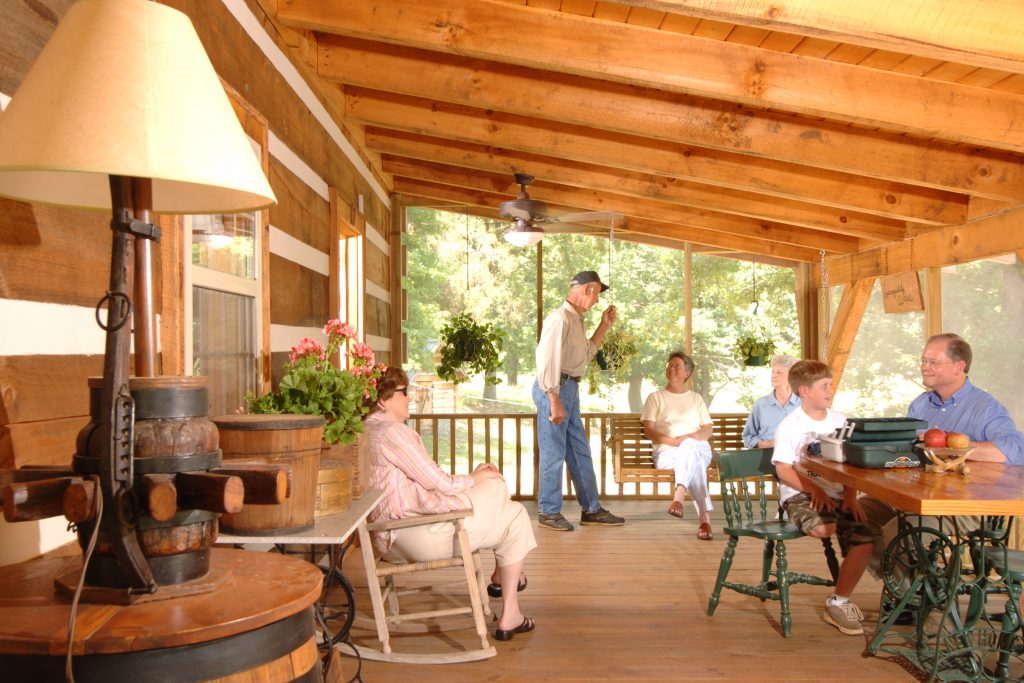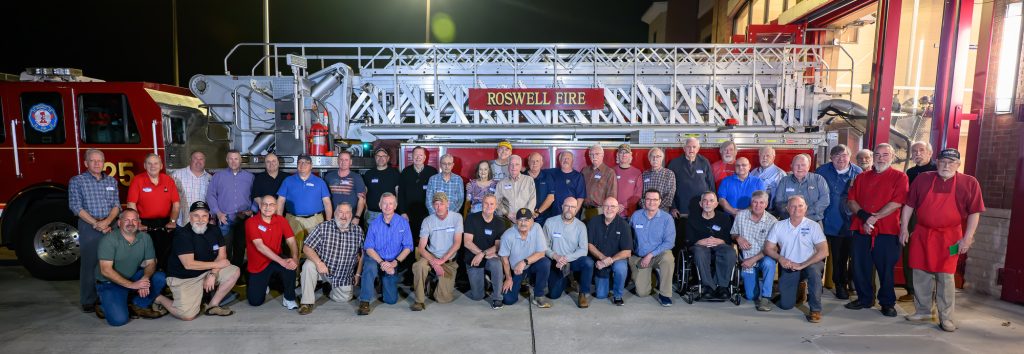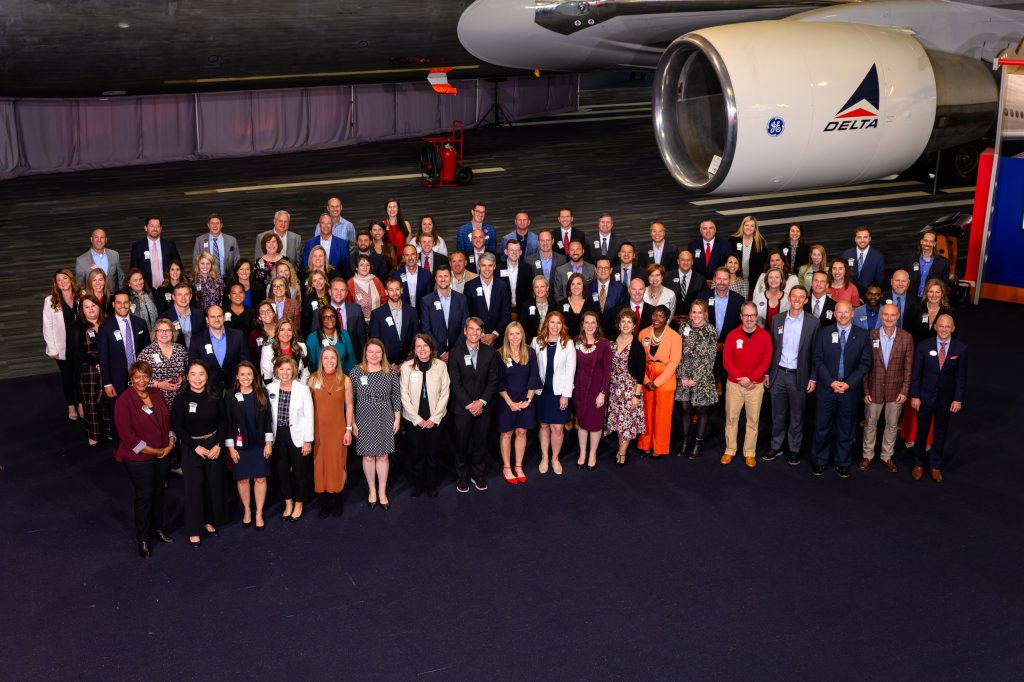Dorie & Stanley in Kona, Hawaii
They say when you’ve met one person with autism, you’ve met one person. Each individual’s experience with autism is unique, with its strengths, challenges, and perspectives. After living with autism for more than 62 years, I’m just now feeling like I’m emerging from my cocoon, embracing my uniqueness, and discovering how it shapes my work as a visual storyteller.
As a creative artist who tells stories through still photography and video, I’ve realized that living with autism and being an artist have much in common. Both paths require embracing one’s unique perspective and finding ways to communicate it to the world. For those of us on the autism spectrum and artists in general, the journey to understanding and acceptance can be filled with both challenges and triumphs.
The Unique Perspective of Autism in Art
Autism often brings with it a distinct way of seeing the world. This unique viewpoint can be a powerful asset in visual storytelling. Autism enhances my attention to detail and helps me see nuances others might miss. It allows me to capture moments and emotions deeply, personally, and profoundly impactfully.
However, this uniqueness can also create a sense of isolation. Society doesn’t always understand or appreciate different ways of thinking and perceiving the world. As artists and individuals with autism, we often feel the need to bridge the gap between our inner world and the outside world.
The Artist’s Struggle for Understanding
Artists, much like those with autism, often struggle with the need to be understood. Our creations are extensions of ourselves; when our work isn’t understood or appreciated, it can feel like a personal rejection. But this struggle fuels our creativity and drives us to find new ways to express our stories.
The key is to embrace our differences and use them as a source of strength and inspiration. Our unique perspectives are not limitations; they are the very essence of what makes our art special. By leaning into our uniqueness, we can create work that resonates deeply with those who see it.
Celebrating Uniqueness and Building Connections
So, how do we celebrate our differences and use them to connect with others? Here are a few tips that have helped me, and I hope they can help you, too:
- Embrace Your Uniqueness: Recognize that your unique perspective is a gift. Celebrate what makes you different and use them to inform your art. Your authenticity will shine through and resonate with others.
- Find Your Tribe: Seek out communities and individuals who appreciate and understand your work. Surround yourself with people who support and inspire you. Online communities, local art groups, and autism support networks can be great starting places.
- Tell Your Story: Don’t be afraid to share your journey. Whether through your art or in conversations, sharing your story can help others understand your perspective and connect with you on a deeper level.
- Practice Self-Compassion: Be kind to yourself. Not everyone will understand or appreciate your work, and that’s okay. Please focus on the positive feedback and use it to fuel your creativity.
- Use Your Art as a Bridge: Let your art be the medium through which you communicate your unique perspective. Visual storytelling has the power to transcend words and connect people on an emotional level. Use this to your advantage.
By embracing our differences and celebrating our uniqueness, we not only enrich our own lives but also the lives of those around us. Our stories, told through our unique lenses, have the power to connect, inspire, and transform. Whether you’re an artist, an individual with autism, or both, your story matters. Celebrate it, share it, and let it shine.






